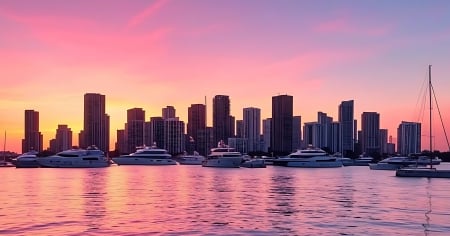Italian Prime Minister Giorgia Meloni made a surprise visit to the elected President of the United States, Donald Trump, on Saturday at his residence in Mar-a-Lago, Florida.
During the meeting, they shared a dinner and attended the screening of the documentary Eastman Dilemma: Lawfare or Justice, which addresses the perception of a dual-standard judicial system in the United States.
Among the prominent attendees was Florida Senator Marco Rubio, who was recently appointed Secretary of State by Trump.
The Cuban-American has been a prominent figure in U.S. politics, particularly regarding issues related to Latin America and the defense of democracy. His presence at the meeting underscores the importance that the new administration places on international relations and the strengthening of alliances with conservative European leaders like Meloni.
The official agenda of the meeting has not been made public, but according to The New York Times, one of the topics discussed may have been the case of Cecilia Sala, an Italian journalist who was detained in Iran last month. As reported by El País, Meloni reportedly urged for this matter to be addressed, demonstrating her commitment to the defense of human rights and freedom of the press.
Following Trump's electoral victory, Meloni expressed her enthusiasm for working together, emphasizing the importance of strengthening cooperation on security and economic issues. Her ideological alignment with Trump reinforces their positions as champions of conservatism in their respective regions.
Rubio's appointment as Secretary of State has sparked various reactions, particularly regarding policy towards Latin America.
Rubio has been a consistent critic of authoritarian governments in the region, describing the Cuban regime as a threat to the national security of the United States. In November 2024, he stated that Havana enables the presence of hostile actors such as China, Russia, Iran, and Venezuela in the Western Hemisphere, which poses a risk to regional stability.
Additionally, Rubio has voiced his opposition to appeasement policies toward authoritarian governments in Latin America. His appointment suggests a possible hardening of the U.S. stance toward these regimes, which could involve the implementation of stricter sanctions and increased diplomatic pressure to promote democratic changes in the region.
The Cuban-American community has welcomed Rubio's appointment with optimism, believing that his leadership at the State Department could strengthen policies supporting democracy and human rights in Cuba and other countries under authoritarian regimes. However, some analysts caution that an excessively rigid stance could have unforeseen consequences for bilateral relations and the internal situation in these countries.
The meeting at Mar-a-Lago and the involvement of key figures like Marco Rubio suggest that the incoming Trump administration is shaping a foreign policy that prioritizes a tough stance against authoritarian regimes and the consolidation of alliances with like-minded leaders on the international stage. In the coming months, it is expected that the strategies the new government will implement on the global scene will become more clearly defined.
Filed under:
